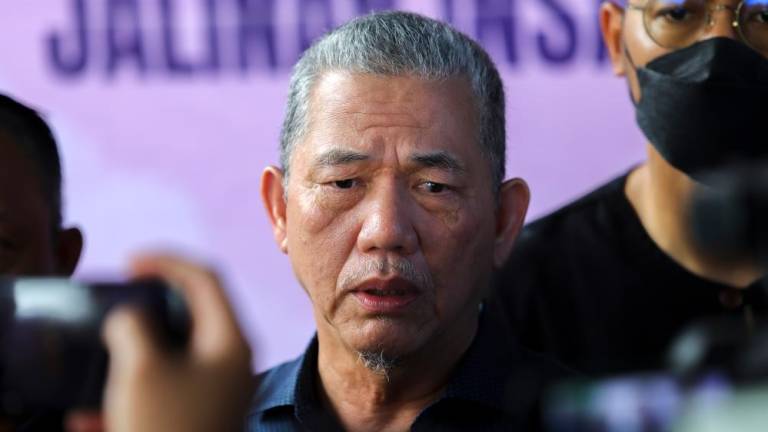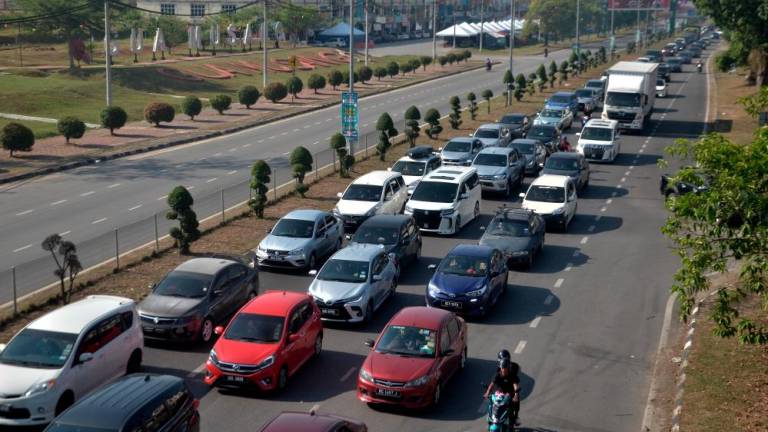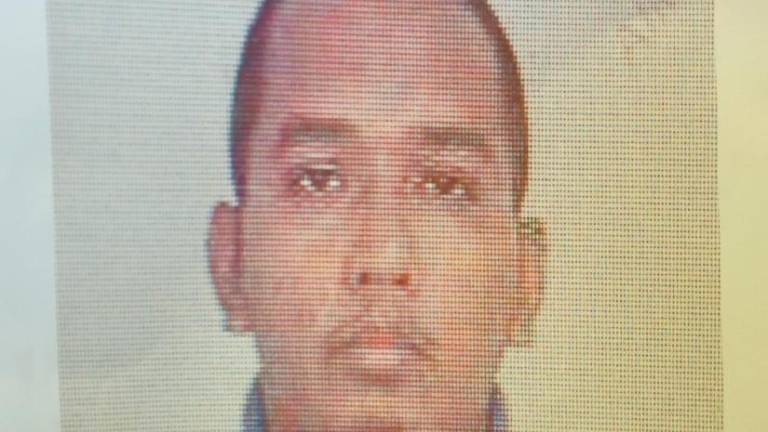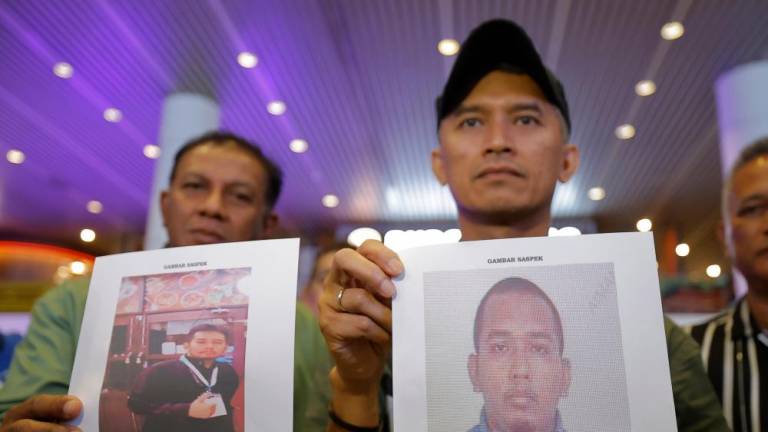LIKE most Malaysians, I must admit that I was greatly saddened by the pathetic story of Rubee Ahmad and Sharin Abd Rahman whose sorry situation was published on Thursday in an article titled, On Angels Wings.
It’s about how gallantly the couple are struggling with great hardship and wonderful compassion to give their best to their two disabled sons Adam and Amran, who are suffering from Hunter syndrome.
This is a rare disease that afflicts about 150,000 children in Malaysia. For both children the parents have to pay RM60,000 for four treatments a month. In more serious cases the cost could be much higher with rising medical charges.
This begs the question as to, how the poor people manage to look after their children with this dreadful disease and other similar disastrous diseases?
Just as relevant is to ask the question: how do the poor rakyat support children with even more cruel and debilitating diseases and those who are disabled?
It’s true that the government helps out with some aid. But from all accounts, the government aid is often grossly inadequate.
The president of the Malaysia Lysosomal Diseases Association, Lee Yee Seng states that the 2019 Budget of RM16 million for rare diseases is “grossly insufficient”.
The government has serious budget constraints.
Even if it cuts down on corruption, expenditure wastage and manages to increase public sector efficiency, it will still be restrained from doing much more for the disabled.
So what is the answer to help these disabled and to help those unfortunate Malaysians with rare diseases?
The government has to encourage the public to contribute to a national fund for charity to help the very poor and those with rare diseases and the disabled.
This noble goal could be achieved by:
1. Establishing a public charity or endowment fund.
2. Providing the fund with a tax free status.
3. Transferring an initial launching grant to the fund.
4. Recognising the need to emulate the National Fund to Reduce the National Debt previously. If we can ask for public donations to settle the national debt, why can’t we do so for charity, that will help the B40 group?
5. Encourage crowd funding like we did previously. This charity fund can remain in perpetuity as an endowment. The funds collected could be invested and the income from it can grow and multiply for the benefit of our poor and disabled.
If the government is adopting the new “Shared prosperity policy”, what better start can we make than to establish this new national fund to help the most deserving of the poor and disabled and especially for those suffering from rare diseases?
So let’s all, as charitable and compassionate Malaysians, donate liberally to a Malaysian charity fund.
If each of our 16 million adults donates just RM1, we can raise as much as the 2019 Budget allocation of RM16 million that was allocated to alleviate the suffering of Malaysians with rare diseases.
Surely most of us can donate more that RM1 each to raise more funds for the poor and the disabled?
That should be our national challenge as caring Malaysians.
Tan Sri Ramon Navaratnam
Chairman
Asli Centre for Public Policy Studies













